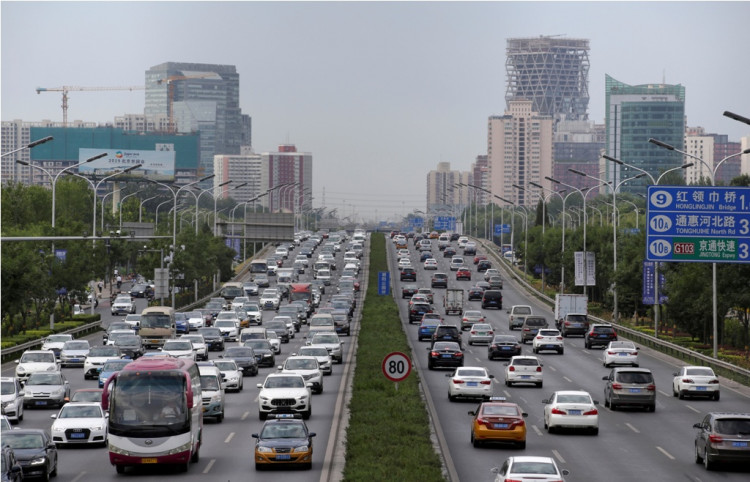A widespread car sales slump was felt in China over the past months amid global trade tensions but the latest data indicated that luxury car consumption proved to be resilient despite the decline.
According to the South China Morning Post, luxury consumers in the country have been making purchases of local auto brands as providers paved the way for competitive prices to attract more buyers.
Auto industry analyst at brokerage Guotai Junan International, Toliver Ma, said rich consumers "are still willing to spend" even if they understand that the economy has been slowing down for some time.
As a result of the consumption willingness among well-to-do buyers, sales of premium car brands increased. The brands include Lexus, Audi, Mercedes-Benz, Volvo, and BMW.
The hike came after the latest data revealed that overall car sales in China slumped in 14 of the past 15 months.
Sales of China-manufactured BMW X3s saw a significant increase in the first half of 2019, marking a 25.9 percent rise that accounted for 264,194 units sold. The compact crossover SUV was one of the most popular models sold in the country and is the sixth model made in China within the past year.
Sales at Beijing Benz also saw an 11.9 percent increase, thanks to the widespread popularity of the Mercedes-Benz class-A cars that resulted from the collaboration of the Beijing Automotive Industry and Germany's Daimler.
Volvo Cars also joined the bandwagon in hiking sales as sales in the Chinese market expanded by 12.3 percent in the first seven months of this year. Head of Asia-Pacific commercial program at Volvo Cars, Agneta Jilden, said the consumption drive was made possible by an interest in new products.
Despite shrinking overall sales in the auto industry, the luxury brand market is expected to keep driving growth in consumption. This is also true in other sectors in the Chinese market.
Late last month, Tiffany & Co CEO Alessandro Bogliolo said that luxury brands are starting to re-commit to the Chinese market now that the rich have more ease in dishing out on the products they've long been spending on.
According to Japan Today, Tiffany's sales rose by over 25 percent in the second quarter in China, creating a huge contrast from the New York-based luxury brand's decline in the global stage.
Bogliolo noted that consumption among the rich people in China was bolstered by the Chinese government's efforts in driving domestic consumption through necessary financial adjustments.
While purchases made by Chinese tourists in other countries declined, consumption within home turf improved despite the trade war that has dragged down some key economic drivers in the country.





